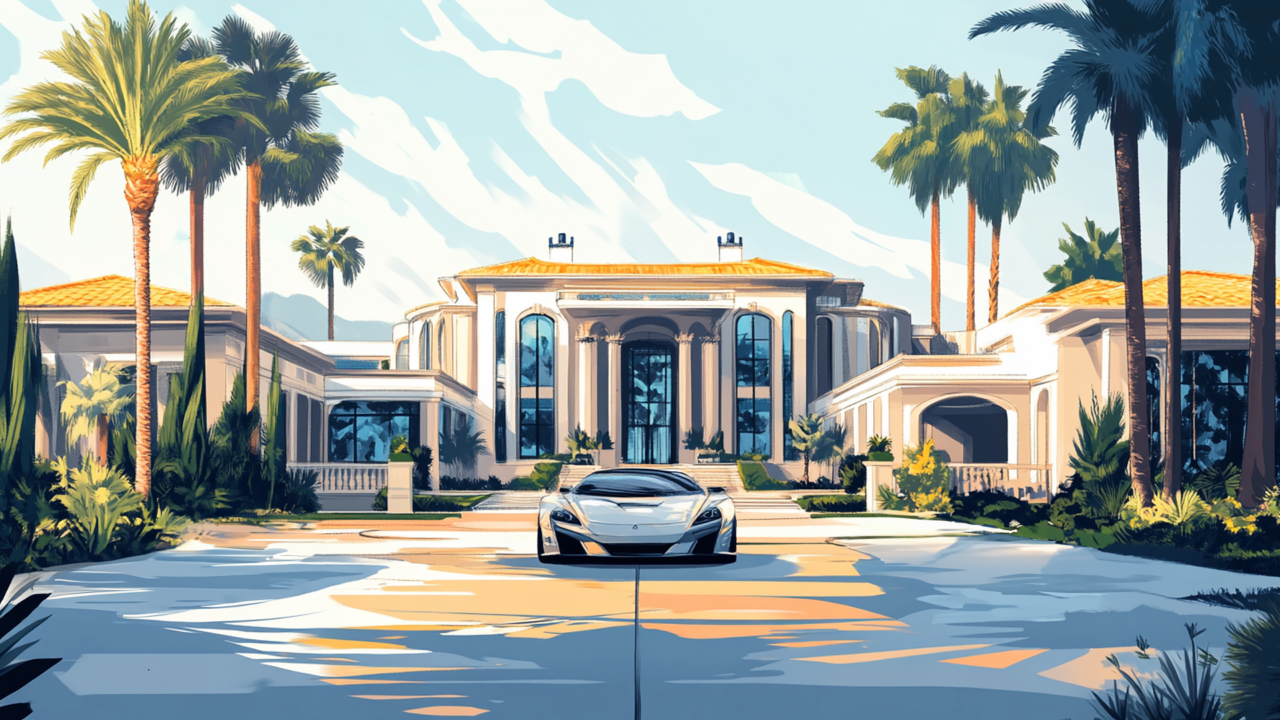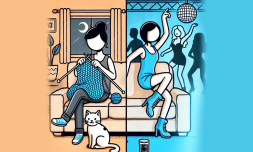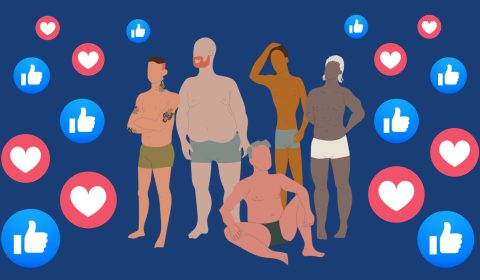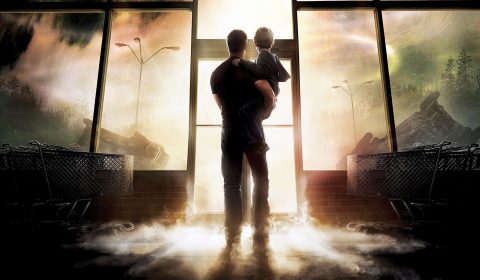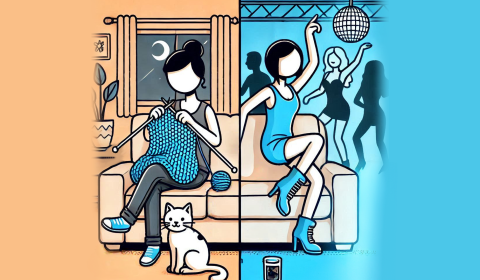The cost of living isn’t letting up, despite inflation tapering off. With everything more expensive than it’s ever been, young people are learning to value – and strive for – different things in life.
To say that the global economy has shifted drastically over the last few years would be an understatement.
Consumers are paying far more for essential items that are worse in quality than they’ve ever been, despite reports that inflation is ‘cooling off’. For many, the concept of disposable income seems like a luxury, with the cost of transportation, food, and housing stripping us of almost all of our monthly earnings.
Meanwhile, the term ‘rich’ has become convoluted. Britain’s richest 10% don’t believe they’re wealthy, despite being in, well, the top 10 percent. The list of global billionaires and their individual wealth continues to grow year-on-year. The UN says that 71 percent of people around the globe live where wealth disparity is getting worse, not better.
Yet large sums of money are being flung around in non-traditional ways. Think crypto, the influencer market, and the rise of digital content creation. As a result, society’s concept of wealth – how we should go about getting it and how we spend it – has changed significantly.
So what does it mean to be ‘well-off’ these days? Is a bussdown Rolex in your closet and a Lamborghini in the garage? Is it being able to pay the bills with no stress, going on a number of holidays a year, and having more than 2.4 kids? Is it having the privilege of a higher education?
Rather than assessing what wealth means today from a purely economic standpoint, we should look at wealth-signalling – the values and lifestyle habits that indicate wealth – to understand how things are transforming.
The more wealth signalling and arrogance I see on social media, the more I appreciate average people
People doing mundane jobs leading ordinary lives all of a sudden gain a certain quaintness just because they’re not fake
The performative materialist bullshit gets old real fast
— 🇬🇧 IM 🇬🇧 (@TellYourSonThis) August 16, 2024
Fashion and trends
We need to talk about logomania, which has tapered off significantly in recent years.
Widespread affinity for wearing luxury brand insignia across t-shirts, jackets, and handbags has historically edged its way back into fashion during eras of excess. General economic stability welcomes people to be open with their ability to afford expensive things, because money is flowing efficiently across communities.
It makes sense then, that logomania surged in the 80s, again in the late 90s, and more recently throughout the 2010s, when luxury items became one of the most posted products on social media platforms like Instagram.
Things change when financial crashes or global catastrophes occur, though. Flaunting wealth during times of hardship suddenly becomes distasteful. No one cares about your Dior bag when there’s a pandemic happening outside.

Fashion experts point to 2020 as a turning point. Pandemic inflation that hasn’t weaned has caused a revival in ‘quiet luxury,’ or rather, purchases from expensive brands devoid of visible logos on their merchandise. A few examples include The Row, Phoebe Philo, and Loro Piana.
For most, it will seem unfathomable to purchase an £11,000 jacket from one of these brands. But these items continue flying off the shelves, making it clear that people are still participating in wealth-signalling through fashion, only in a different form.
‘The Row is cosseting, luscious and expensive. Its clients seem to experience no price sensitivity at all,’ Alison Loehnis, president of Net-a-Porter and Mr Porter, told the Financial Times last year.
The world of high fashion has once again returned to an insider’s club that welcomes the few who can afford it (or those who aspire to it), sending subtle signals that only those with a trained eye can see.
To anyone else, that £11k coat might just look like it’s from Zara. If you know, you know.
The Row Spring 2022 Menswear
— this collection is made for going to overpriced cafes in NYC and read literature books pic.twitter.com/0ZUbStrL2R— roo𐙚 ๋࣭⭑ (@cafewindows) July 22, 2021









